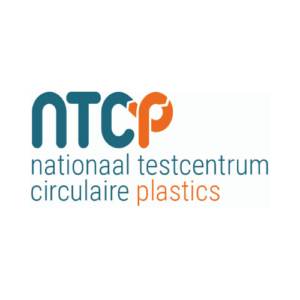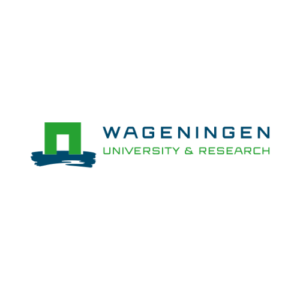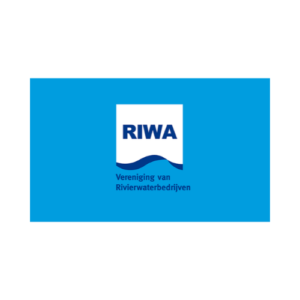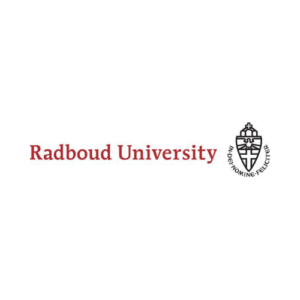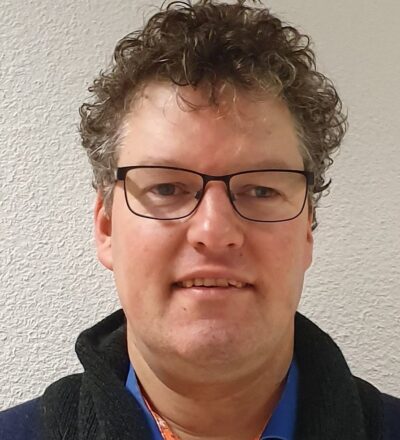Can we translate chemical fingerprint measurements inside and near chemical processes into actionable insights that reduce environmental footprints while enhancing process economics and consistency? The Fingerprint 2 Footprint project aims to harness the power of chemical fingerprints to transform the industrial landscape.
In short:
- Harnessing chemical fingerprints to reduce environmental footprints in Dutch industry while enhancing process efficiency
- Seamlessly integrating cutting-edge AI, operator engagement, and data insights to drive sustainable industrial practices
- A new era of chemical process management, where data-driven decisions lead to greener and economically sound operations
How data-driven decisions can lead to greener and economically sound operations
The Dutch industry is at a crossroads. Balancing the imperative to reduce environmental impacts with the need for economic viability is a huge challenge. This project tackles a fundamental question: How can we harness the untapped potential of in situ Fingerprinting data (spectroscopy and spectrometry) to drive faster, more efficient, and better-timed actions that significantly shrink the process footprint?
While the current practice of fingerprinting is primarily for quality control purposes, Industry 4.0 promises a paradigm shift. It calls for a new information value chain that seamlessly integrates cutting-edge AI, engages operator personnel, and illuminates the connections between process fingerprints and environmental and economic footprints. The ultimate decider? The balance between the deployment cost of in situ fingerprinting technology and its real value in enhancing process performance and reducing environmental impact.
The Fingerprint 2 Footprint Project
Fingerprint 2 Footprint adopts a two-sided strategy. Knowledge Institutes will pioneer generic digital and analytical strategies, while validating them through specific industrial case studies. Radboud University-Analytical Chemistry (RU-AC) will drive the development of digital and analytical technologies. Radboud University-Environmental Sciences (RU-ES) will focus on predicting sustainability gains, and Wageningen University & Research (WUR) will enable process operators to leverage fingerprint technologies.
Our project has four critical objectives:
- Identifying the optimal fingerprint technology for specific measurement contexts.
- Developing simplified in situ measurement protocols for operators.
- Integrating fingerprint data into existing process infrastructures.
- Collaborating with process operators to uncover opportunities for faster, more accurate fingerprint-based actions, benefiting process consistency, economy, and sustainability.
Intended Results
The project aims to deliver a robust digital infrastructure, bridging the gap from chemical fingerprint to performance footprint. Our outcomes include:
- A quantitative method for assessing fingerprint Process Analytical Technology from a Value Proposition framework.
- Systematic measurement design methodologies tailored for operator use with in situ fingerprint technologies.
- A quantitative approach to seamlessly integrate fingerprint data into existing process data and Quality Control infrastructures, creating complementary value.
- Quantitative predictions and assessments of how fingerprint PAT can boost corporate Key Performance Indicators (KPIs), offering new insights into technology-driven sustainability without compromising economic performance.
- These technological advancements will be showcased in engaging industrial case studies across diverse process domains, from circularity and chemistry to water treatment, spanning all stages of production.
You might also be interested in
Acknowledgement & partners
This project is co-funded by TKI-E&I with the supplementary grant 'TKI- Toeslag' for Topconsortia for Knowledge and Innovation (TKI’s) of the Ministry of Economic Affairs and Climate Policy.


